Well! Spring cleaning has a whole new meaning for us this year, doesn't it? The virus that is exploding all around is scary. We have very little control over day to day events, but to some degree we can control what is happening inside our homes. We think controlling what we can will help us all feel more hopeful and positive through the next few weeks.
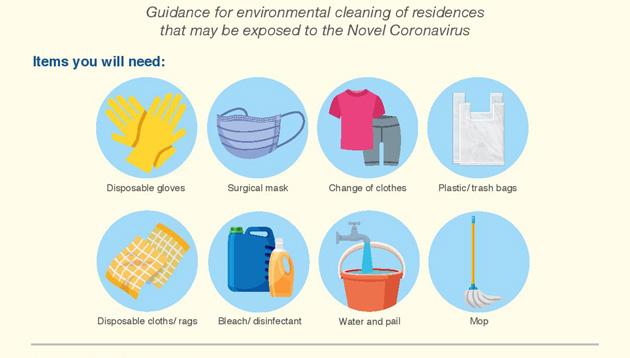 Here are some guidelines and recommendations on the cleaning and disinfection of homes, aimed at limiting the spread and survival of the virus.
Here are some guidelines and recommendations on the cleaning and disinfection of homes, aimed at limiting the spread and survival of the virus.
NOTE: Cleaning refers to the removal of germs and dirt from surfaces. Cleaning does not kill germs, but by removing them, it lowers their numbers and the risk of spreading infection. Disinfecting refers to using chemicals to kill germs on surfaces. This process does not necessarily clean dirty surfaces or remove germs, but by killing germs on a surface after cleaning, it can further lower the risk of spreading infection.
We should practice routine cleaning and disinfecting of frequently touched surfaces throughout the day (for example: tables, doorknobs, light switches, handles, desks, toilets, faucets, sinks, remotes, hard-backed chairs) with household cleaners and disinfectants that are appropriate for the surface, following label instructions. Be sure to follow instructions for safe and effective use of the cleaning product including precautions you should take when applying the product, such as wearing gloves and making sure you have good ventilation during use of the product.
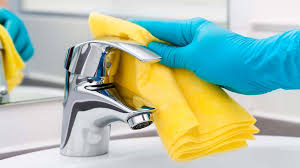
Wear disposable gloves when cleaning and disinfecting surfaces and discard after each cleaning. If you prefer reusable gloves, those gloves should be dedicated for cleaning and disinfection of surfaces for COVID-19 and should not be used for other purposes. Clean hands immediately after gloves are removed.
If surfaces are dirty, they should be cleaned using a detergent or soap and water prior to disinfection.
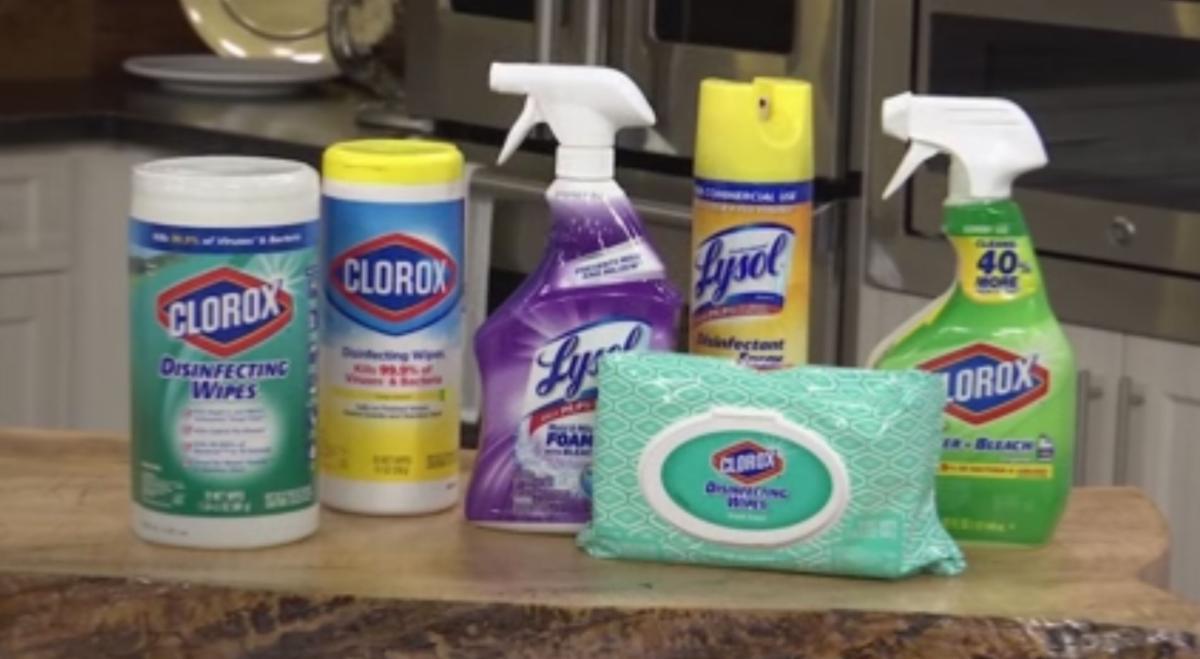
For disinfection, diluted household bleach solutions, alcohol solutions with at least 70% alcohol, and most common EPA-registered household disinfectants should be effective.
With cleaning products being difficult if not impossible to find, you can make a diluted household bleach solution to use if appropriate for the surface. Check to ensure the product is not past its expiration date. Unexpired household bleach will be effective against coronaviruses when properly diluted.
Prepare a bleach solution by mixing:
5 tablespoons (1/3rd cup) bleach per gallon of water or
4 teaspoons bleach per quart of water
NEVER mix household bleach with ammonia or any other cleanser.
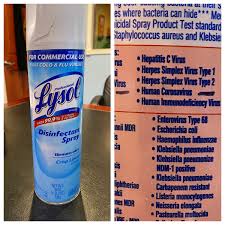
For soft (porous) surfaces such as carpeting, rugs, and drapes, remove visible contamination if present and clean with appropriate cleaners indicated for use on these surfaces. If you are using a disinfectant spray, check to make sure it will not permanently damage and/or discolor the fibers. For example. diluted bleach will alter/remove the color from most fabrics.
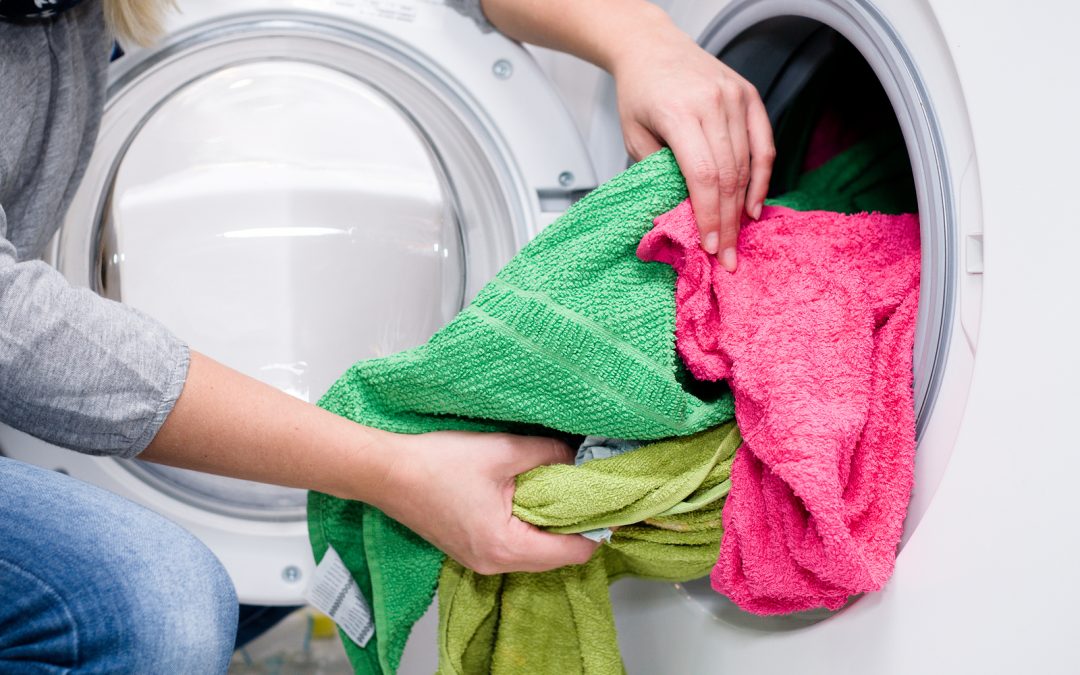 When doing laundry, use the warmest appropriate water setting for the items and dry items completely. Wear disposable gloves when handling dirty laundry, especially for family members who are ill.
When doing laundry, use the warmest appropriate water setting for the items and dry items completely. Wear disposable gloves when handling dirty laundry, especially for family members who are ill.
ALWAYS be sure to wash your hands after handling dirty laundry. ALWAYS.
If possible, do not shake dirty laundry. This will minimize the possibility of dispersing virus through the air. Dirty laundry from an ill person can be washed with other people's items. Be sure to clean and disinfect clothes hampers. If possible, consider placing a bag liner that is either disposable (can be thrown away) or can be laundered.
All household members should clean hands often, including immediately after removing gloves and after contact with an ill person, by washing hands with soap and water for 20 seconds. If soap and water are not available and hands are not visibly dirty, an alcohol-based hand sanitizer that contains at least 60% alcohol may be used. However, if hands are visibly dirty, always wash hands with soap and water.
Everyone should practice good, no GREAT, hand hygiene and avoid touching eyes, nose, or mouth at all times.
Key times to clean hands include:
~~After using the restroom
~~Before eating or preparing food
~~After contact with animals or pets (NOTE: it has not been proven that you can get coronavirus from your pets. It is possible the virus from an infected person could be on an animal's fur.)
~~Before and after providing routine care for another person who needs assistance (e.g. a child)
Stay in touch with others by phone or email. If you have a chronic medical condition and live alone, ask family, friends, and health care providers to check on you during an outbreak. Stay in touch with family and friends, especially those at increased risk of developing severe illness, such as older adults and people with severe chronic medical conditions.
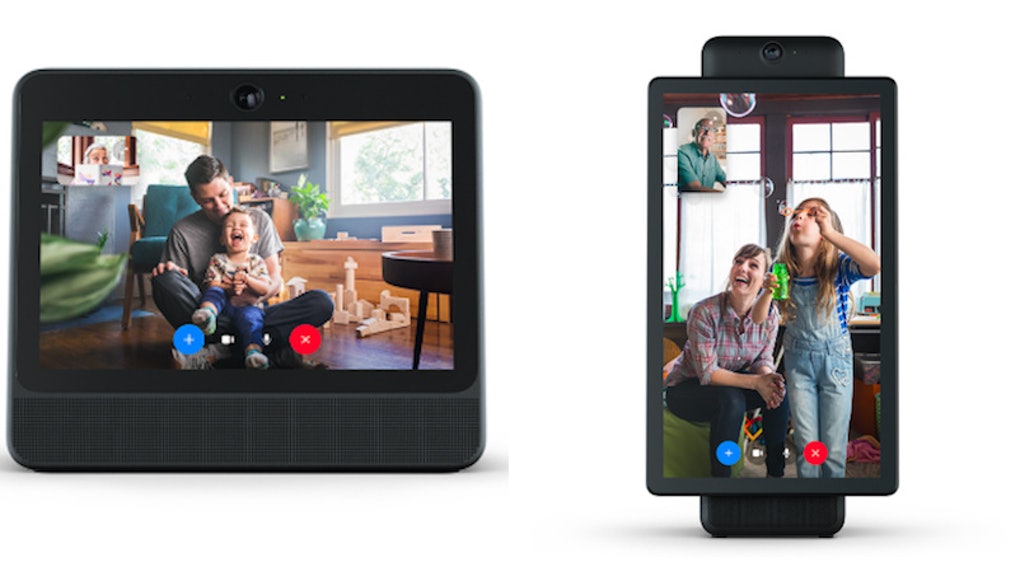 A few days ago a gentleman on the news said "... I'm glad you used the word social distancing, because I read a blog about it two weeks ago and I said I understand the use of the word, but I think it's the wrong word. What we're looking for really is physical distancing, but we want social connection. We need to get closer to people as we pull away more from them physically". So, do not distance yourself and your family socially--do what you can to stay socially involved.
A few days ago a gentleman on the news said "... I'm glad you used the word social distancing, because I read a blog about it two weeks ago and I said I understand the use of the word, but I think it's the wrong word. What we're looking for really is physical distancing, but we want social connection. We need to get closer to people as we pull away more from them physically". So, do not distance yourself and your family socially--do what you can to stay socially involved.
Keep up with family members, who may not live in town, through the telephone to find out how are they doing. And if possible, stay in contact with members of your community, especially the older folks, who are feeling especially vulnerable. What are their needs? How can we meet their needs? What can we do? What are the things that you need to be taking care of, whether it's the food shopping, if there's a medical issue - anything, just to help them feel less isolated.
Here at Enhance, we so enjoy our customers, and our contact with them. Sadly, as we have been mandated to shelter in place, the Design Center will be closed for the next couple of weeks. We will be available by phone and email, however, and continuing to work on projects. We can assist you with product education and selection and can schedule virtual showroom visits using Facetime, Messenger, Zoom, or Skype. Also, many of our vendors will graciously mail complementary samples to your home. Most of our projects will require an in-home visit to finalize pricing, but with your assistance in measuring we can provide you with fairly accurate ballpark pricing before coming out.
Hopefully, a few weeks of distancing will help us all to stay well. We hope to see you all-- in person-- when this is just a memory. Stay safe, see you soon!


No comments:
Post a Comment